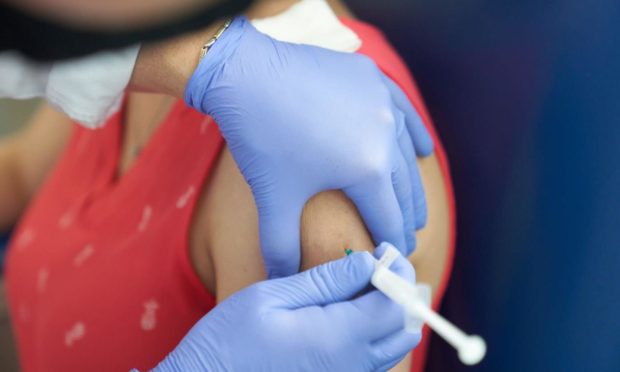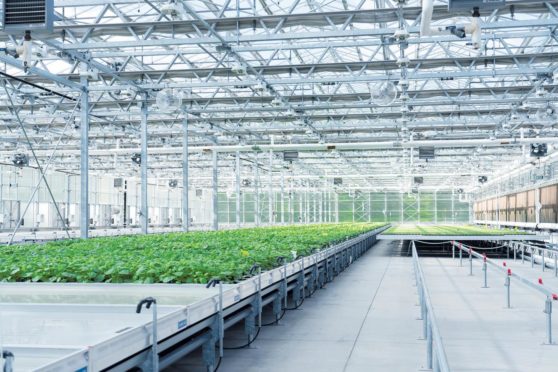A Canadian biopharmaceutical company testing a Covid-19 vaccine on volunteers in Aberdeen has hailed the success of its most recent trials.
Medicago, which is developing the drug with UK pharmaceutical giant GlaxoSmithKline (GSK), revealed the treatment triggered protective antibody levels 10 times higher than in patients recovering from Covid-19 in second stage trials which completed last month.
It also highlighted there were no “related severe adverse events” reported in the phase two trials of the drug, with any temporary side effects reported as mild and short-lived.
Last month, plans to recruit 1,500 volunteers across the UK for the larger phase three trials of the vaccine were announced, with Aberdeen playing a significant role. This was part of a wider global test involving 30,000 subjects in North America, Latin America and Europe designed to evaluate the efficacy and safety of the drug compared to a placebo.
NHS Grampian has confirmed 145 people in Aberdeen have been recruited to be involved with the next phase of testing.
The Medicago vaccine candidate against Covid-19 is thought to be the first “plant-based” treatment against the virus.
Uniquely it uses plants as bioreactors – or mini-factories – that hijack the plant’s own biology to produce the key biological products of the vaccine, known as “virus-like particles”. GSK has added an adjuvant, a substance used to increase the efficacy or potency of the drug.
The particles developed by the Canadian company are derived from “nicotiana benthamiana”, a close relative of tobacco, which it grows in a bio- secure greenhouse. The Canadian firm is part-funded by the cigarette and tobacco manufacturing company, Philip Morris International (PMI), which recently confirmed plans to become a “majority smoke-free business” by 2025.
The vaccine can be stored in refrigerators which means it can be distributed widely and easily.
The drug has been fast tracked for testing by US Food and Drug Administration (FDA) while the UK trial is supported by the National Institute for Health Research (NIHR), NHS Research Scotland (NRS) and Health and Care Research Wales.
The UK authority, the Medicines & Healthcare products Regulatory Agency (MHRA) will rule if it can be used to deployed in the UK as a vaccine once trials are complete.
Nathalie Landry, executive vice president, scientific and medical affairs at Medicago said: “These results give us confidence as we continue to move forward with our Phase 3 clinical trial. We hope to add another tool in the global fight against COVID-19, particularly as cross-protection emerges as an important consideration in vaccination efforts worldwide.”
Thomas Breuer, chief medical officer, GSK Vaccines said, “We are delighted to see that the results suggest a very strong immune response, Medicago’s COVID-19 vaccine candidate combined with GSK’s pandemic adjuvant was also well tolerated, reinforcing its potential benefits. We now look forward to the outcome of the ongoing Phase 3 trial of this refrigerator-stable vaccine candidate as the next step forward in our contribution to the global response to the pandemic.”

